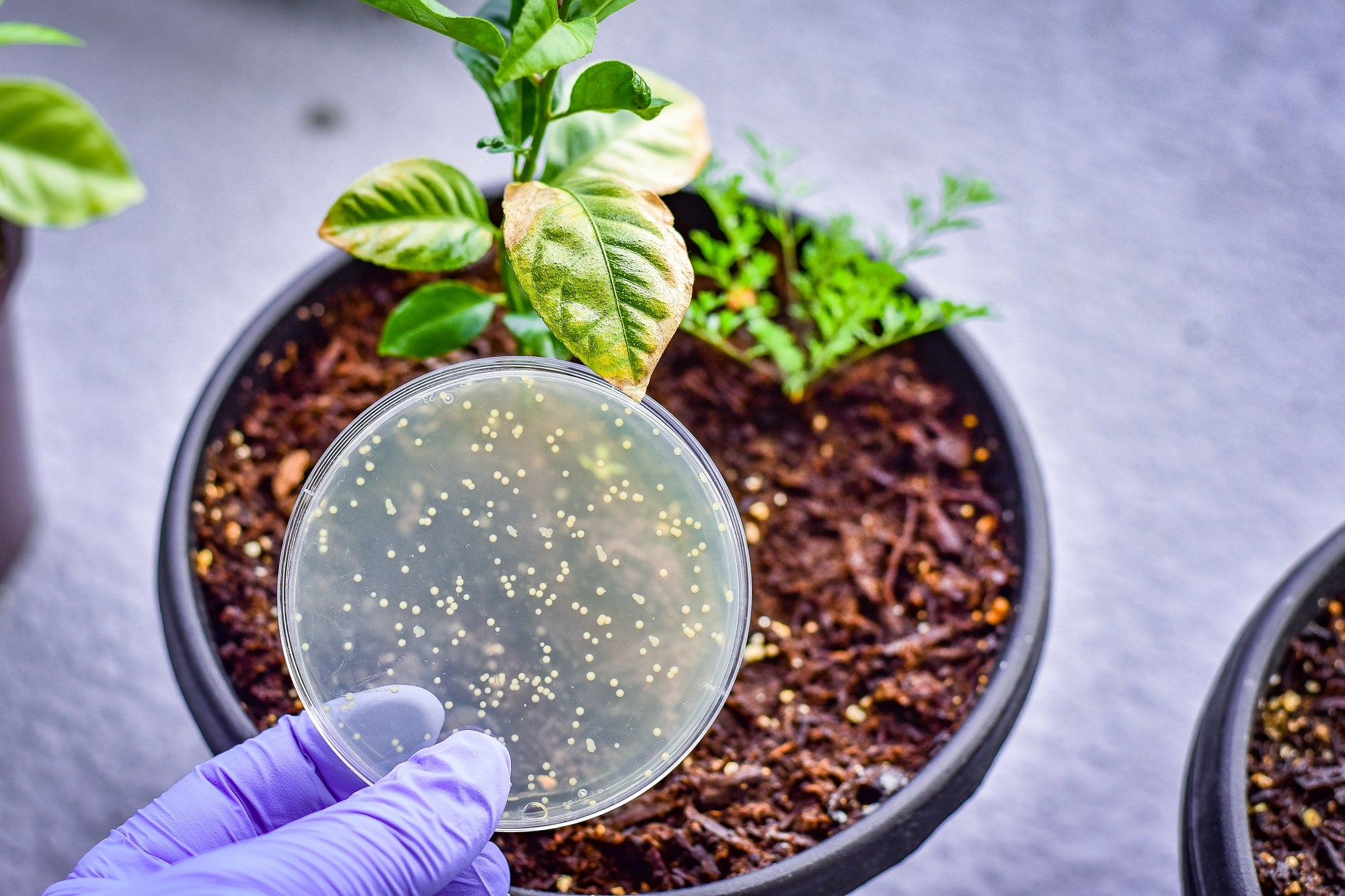In the quest for sustainable agricultural practices, the utilisation of biologicals has emerged as a promising solution. These stimulants, derived from natural sources such as microbes, fungi, and plant extracts, are revolutionising farming methods by promoting plant growth, enhancing soil health, and reducing reliance on synthetic inputs.
The Rise of Biological Stimulants:

Traditional agricultural practices often rely heavily on synthetic fertilisers, pesticides, and herbicides to boost crop yields and combat pests and diseases. However, the overuse of these chemicals has led to numerous environmental and health concerns, including soil degradation, water pollution, and biodiversity loss. In response to these challenges, there has been a growing interest in alternative approaches that minimise the ecological footprint of farming while maintaining productivity.
Biological stimulants offer a promising alternative by harnessing the power of beneficial microorganisms and natural compounds to enhance plant growth and resilience. These stimulants work in harmony with the environment, promoting ecological balance and improving soil health over the long term. By fostering a symbiotic relationship between plants and microbes, they help unlock the full potential of crops and reduce the need for synthetic inputs.
Types of Biological Stimulants:
Biological stimulants encompass a wide range of products, each with unique mechanisms of action and applications in agriculture. Some of the most used types include:
- Microbial Inoculants: These products contain beneficial microorganisms such as bacteria, fungi, and mycorrhizae, which form symbiotic relationships with plant roots. They help improve nutrient uptake, enhance disease resistance, and promote soil fertility. Our range includes our microbial inoculant EM which has proven to be a powerful digestor and soil stimulant.
- Plant Growth Promoters: Derived from plant extracts, hormones, or amino acids, these stimulants stimulate root growth, flowering, and fruiting, leading to increased yields and improved crop quality. Our Plant-Stim product is an example of this.
- Biofertilisers: Composed of nitrogen-fixing bacteria or organic matter, biofertilisers enrich the soil with essential nutrients, reducing the need for synthetic fertilisers and promoting sustainable nutrient cycling. Our EM Amino and EM Foliar Enhance is example of these types of products.
- Biostimulant Compounds: These include natural substances such as seaweed extracts, humic acids, and amino acids, which stimulate plant metabolism, improve stress tolerance, and enhance nutrient absorption.
Benefits of Biological Stimulants:
The adoption of biological stimulants offers numerous benefits for both farmers and the environment:
- Sustainable Soil Management: By promoting microbial activity and organic matter decomposition, biological stimulants help build soil structure, enhance water retention, and improve nutrient availability, leading to healthier and more resilient soils.
- Reduced Chemical Dependency: By enhancing plant resistance to pests and diseases and improving nutrient uptake efficiency, biological stimulants reduce the need for synthetic fertilizers, pesticides, and herbicides, minimizing environmental pollution and preserving ecosystem health.
- Enhanced Crop Performance: Biological stimulants stimulate plant growth, increase yields, and improve crop quality, leading to higher profits for farmers and greater food security for communities.
- Climate Resilience: By mitigating the effects of climate change on agricultural productivity, biological stimulants contribute to climate resilience by helping crops withstand drought, heat stress, and other environmental challenges.
Future Outlook:

With increasing awareness of the environmental impacts of conventional farming practices and growing demand for sustainable food production, the future looks promising for biological stimulants in agriculture. As farmers seek innovative solutions to enhance productivity while minimising environmental harm, biological stimulants are poised to play a crucial role in shaping the future of farming worldwide.
The growth of biological stimulants represents a paradigm shift in agriculture, offering a sustainable alternative to conventional farming practices. By harnessing the power of nature to promote plant growth, enhance soil health, and reduce chemical dependency, these products are paving the way for a more resilient and environmentally friendly food system. As we continue to explore the potential of biological stimulants and overcome existing challenges, their widespread adoption holds the key to a more sustainable future for agriculture and society as a whole.





